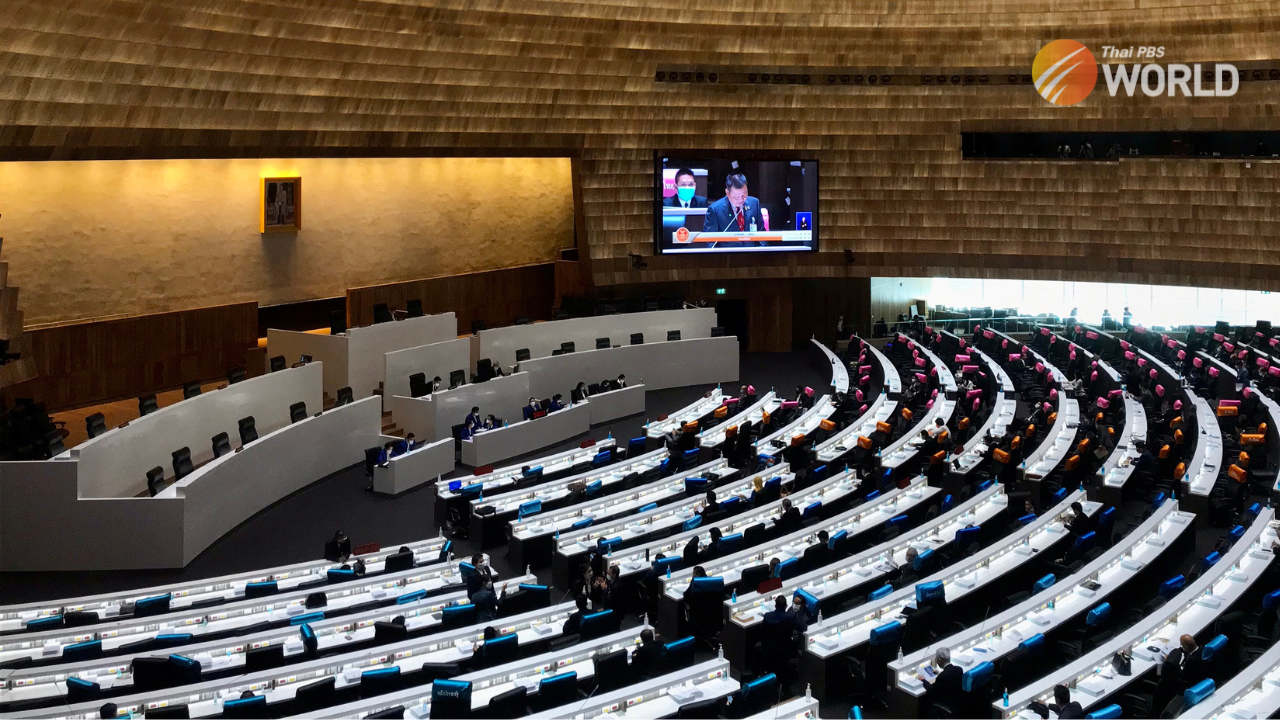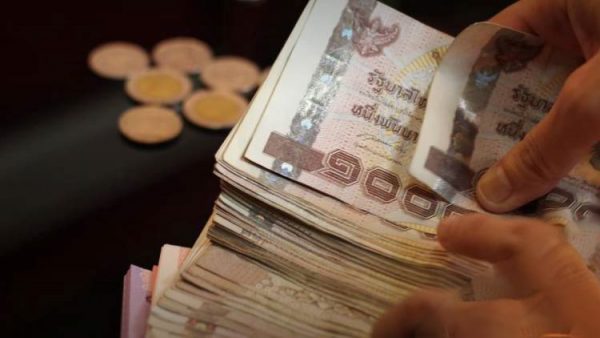Why dispute over House speaker could decide Thailand’s political future

The eight-party coalition’s bid to form Thailand’s next government is threatened by a dispute between its two leaders – Move Forward and Pheu Thai – over the House Speaker’s seat.
Both parties are well aware of the crucial roles that the Speaker, who heads the legislature, plays in Parliament and Thai politics.
The coalition is scheduled to meet on Tuesday, when the question of which party will get the coveted House Speaker’s seat is expected to top the agenda.
Efforts to resolve the disagreement came after Move Forward leader and prospective prime minister Pita Limjaroenrat proposed that both parties negotiate to settle their differences, as the growing dispute threatens his increasingly fragile coalition.
Multiple roles and powers
The speaker of the House of Representatives also serves as president of Parliament, comprising both the Senate and the Lower House.
In addition, the House Speaker must countersign the royal command appointing the prime minister, who is selected in a joint vote by both Houses.
Moreover, he or she is empowered by the Constitution to countersign royal commands appointing the president of the Privy Council and the regent.
The House Speaker also has multiple other roles and powers, under various laws and rules, including regulations governing House of Representatives meetings.
In chairing sessions of Parliament, the Speaker also makes judgements on meeting schedules and the order of agendas, runs the parliamentary affairs, represents Parliament, and appoints House committee members, among other legal powers and duties.
The Speaker is selected by the Lower House at its first assembly by secret ballot.
While chairing House meetings, the Speaker is empowered to allow or restrict debate by individual lawmakers on issues ranging from the annual budget bill to the censure of a prime minister and other Cabinet members.
House meeting regulations state that the Speaker, or chair of any meeting, must perform their duties impartially. However, in practice, with the House speaker and deputy speaker on their side, the government camp tends to have an advantage over the opposition.
House regulations require that general motions, as well as fact-finding or investigatory motions, be submitted to the House Speaker, the former requiring support from a minimum of five lawmakers and the latter support from at least 20.
The Speaker also has the power to decide which motions are urgent and require immediate attention.
Poll respondents unsure Pita will be PM or that his coalition will form a government
Gatekeeper of the House
The previous House of Representatives that was dissolved on March 20 saw many submitted motions fail to make it to debate. These included a motion submitted by a group of Move Forward MPs seeking amendments to five laws involving freedom of expression, including Article 112 of the Penal Code or the lese majeste law.
The motion was not tabled for parliamentary debate. Then-House Speaker Chuan Leekpai said that certain clauses in the proposed amendment may violate Article 6 of the Constitution, which states that “The King shall be enthroned in a position of revered worship and shall not be violated. No person shall expose the King to any sort of accusation or action.”
Also failing to reach debate was a motion by opposition MPs to set up a House subcommittee to study peace negotiations for the restive deep South.
Now, Move Forward has made it clear that the party must secure the Speaker’s post to keep its election promises of ambitious reform for the country.
Move Forward deputy leader Sirikanya Tansakul said last week that her party needs the speakership to push through 45 draft bills pledged in its campaign, as well as constitutional amendments to restore democracy.
Only exception in 3 decades
Over the past three decades, the House speaker’s seat has almost always gone to the party with the highest number of MPs – whether it gained a majority in the House or not.
However, it rarely occurs that the two largest election winners form a coalition government together. The parties that come first and second usually fight each other to forge their own coalition government.
Since 1992, Chuan is the only House speaker to have come from a political party that is not the coalition leader. His Democrat Party was the second largest partner in the multi-party alliance formed by Palang Pracharath Party after the 2019 general election.
By Thai PBS World’s Political Desk






